
Direct from Manufacturer..

Direct from Manufacturer..
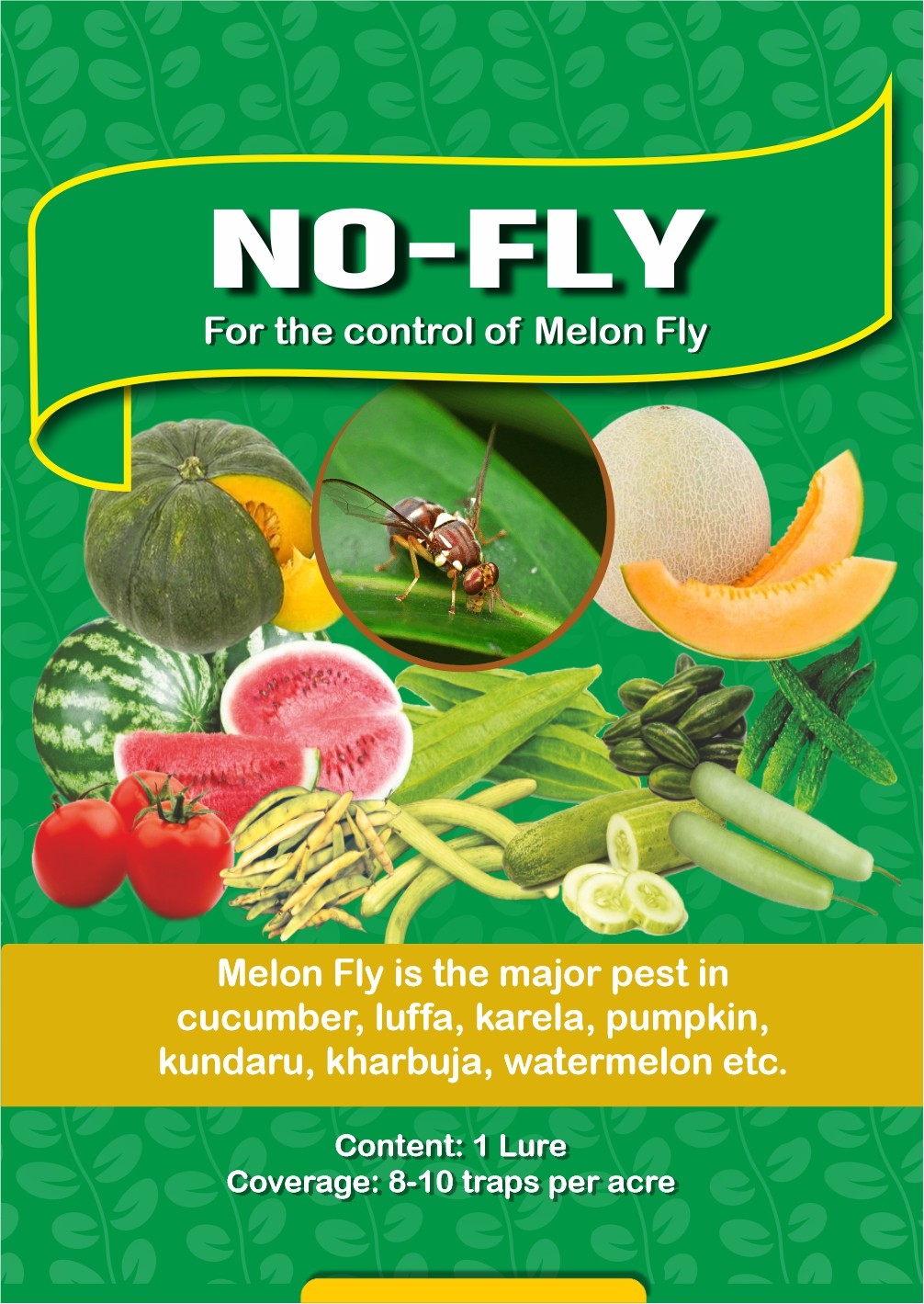
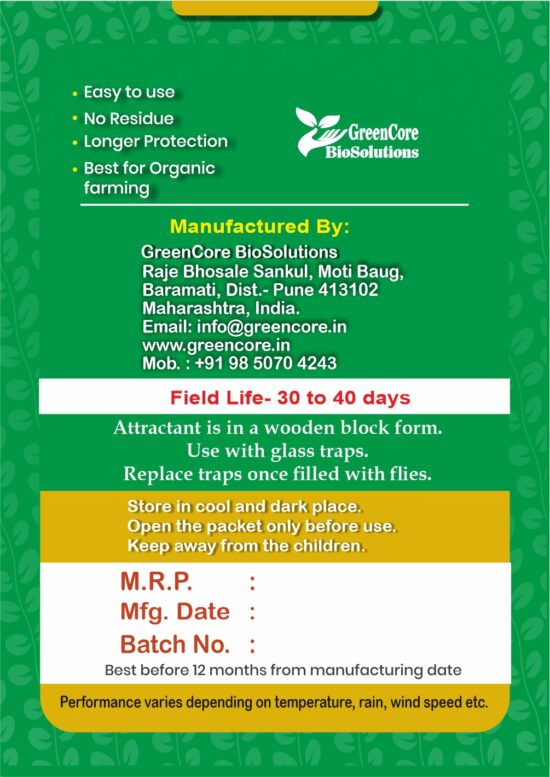

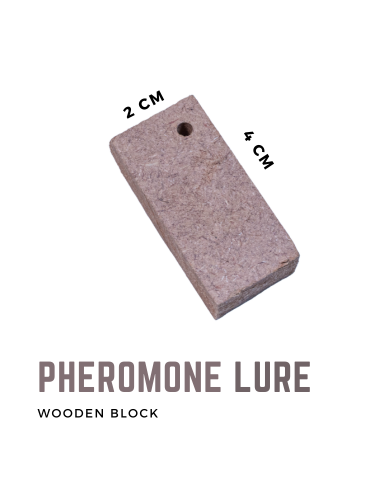
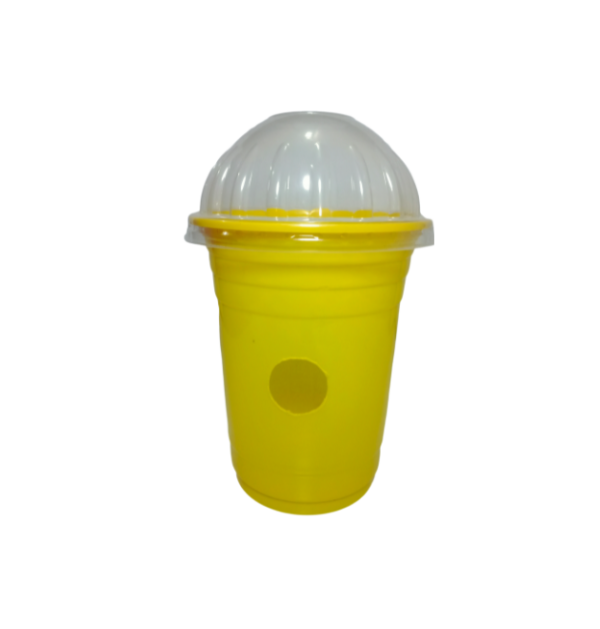


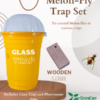
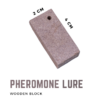
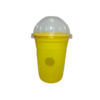
Original price was: ₹640.₹320Current price is: ₹320.
Cucumber, luffa, muskmelon, squash, pumpkin, kharbuja and watermelon are important vegetable crops in Maharashtra. Among the various limiting factors for the quality of these crops, melon flies are the most important as it causes up to 70% damage. These melon flies are very difficult to manage as they have various host ranges of vegetables. It can be controlled using Melon Fly Lures and Traps.
The application of insecticides is not much effective and causes numerous hazards to the environment. Therefore, an eco-friendly technology ’Melon Fly Trap’ has been devised.
Key Features:
How to use Melon Fly Traps?
Precautions for using Melon Fly Traps: